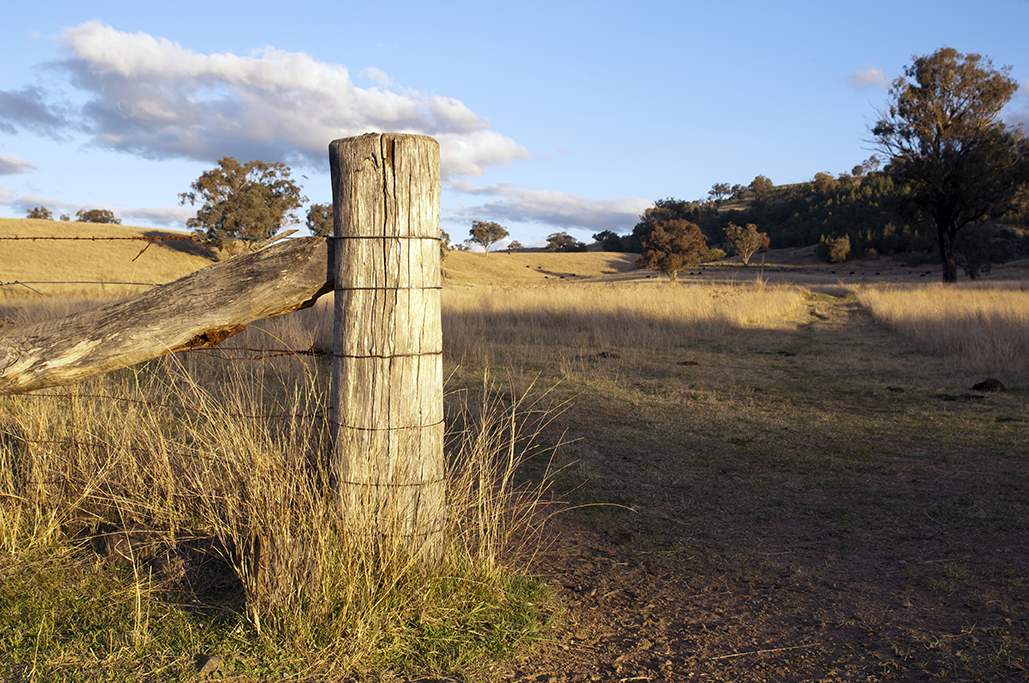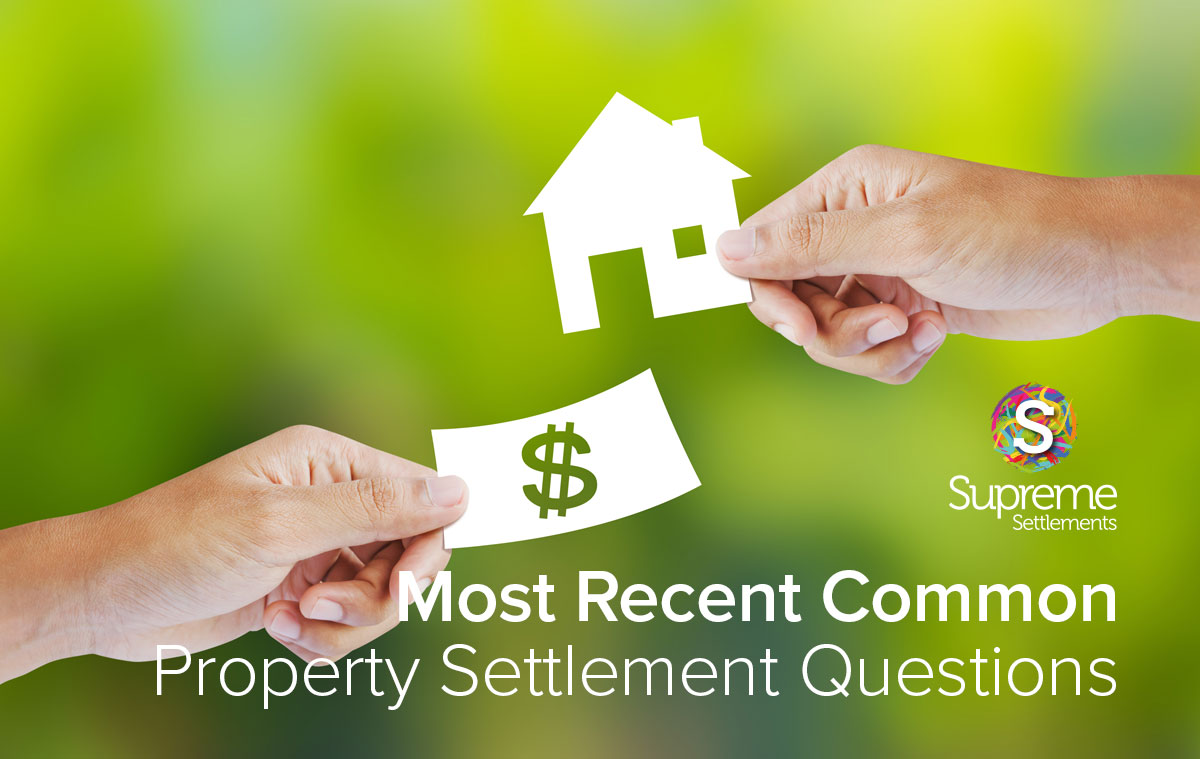Have you ever thought about buying a block of vacant land?
Purchasing your own piece of land gives you an opportunity to create your dream. But with every dream comes a little reality.
There are 2 sections on the standard contract for the transfer of property,
• Contract for the Sale of Land by Offer and Acceptance (the “O&A”). The O&A is a contract that requires the parties to insert information that is specific to the transaction, such as the description of the block and the agreed purchase price. It also allows agreed special conditions that meet the needs of both the buyer and seller to be inserted. and
• Joint Form of General Conditions for the Sale of Land (the “General Conditions”) The General Conditions cover important contractual obligations for both the buyer and seller, and are not usually varied by sellers or buyers.
How does this effect you?
Vacant Land plots come in all sizes and shapes, with various services.
You will find vacant land house lots in residential subdivisions with water and electricity services ready to be connected. Even NBN or optic fibre for the internet may be available.
You may want to share a large house block sub-division creating two or more smaller house lots in an established community.
Are you a looking for a small acreage on the outer of a rural town with some amenities eg. electricity would be nice and maybe a garbage collection service to boot.
Larger more outback style parcel of land which may only have limited services like phone.
Today it is becoming more popular to buy an established house and land closer to the city and demolish the house to build anew.
You may prefer to buy vacant land and have a home built to your design and requirements. This often means buying a block released for sale in a new housing estate or sub-division.
Buying land gives you the flexibility to Design and Build your own Home, specific to your needs.
When buying newly released land, your settlement agent can check with the local council and the Department of Planning for details of facilities and amenities planned for the area such as schools, shops, parks, etc, as well as details of any restrictions on building on the property. Also ask if there are any future road works or other public works planned for the area, such as highways, power lines, transformers or other utilities.
All Property has a Shape
The shape of the land and it features will present challenges for the size and design of your home. You will need to carefully evaluate how this will impact the design and cost of construction.
Is your land wet, sand, or rock based? The type of soil that your property is situated on can incur extra costs for earthworks and land retention, you may need the soil classified according to Australian Standards.
Are you looking at a hillside or cliff top property. The steepness of the land must also be considered since steeper land is likely to be more costly to build on.
What about low land. Blocks that lie beneath the level of the road may present a problem with water runoff in stormy weather.
What utilities are available. Contact utility companies to check the cost of connecting your block of land to water, gas and electricity if the service connections are not included.
Site costs are the expenses you will have to meet to have the block prepared for the foundations of the house or other buildings. The nature of the house and the characteristics of the land determine site costs. Before you buy your block it is a good idea to get a quote for site costs for the style and size of the house you are planning to build. Generally, the blocks of land with the lowest site costs are those that are flat and have sandy soil. Rocky land with steep slopes tends to have high site costs.
If possible, obtain a quote from the builder for site costs before making an offer to buy.
Energy efficiency these days is more prevalent. A north facing alignment can maximise the amount of sunlight received during winter and minimise sunlight exposure during the warmer months. Your future home will be naturally warmer in the winter and a lot cooler in the summer, and in turn, you will be saving money on heating and air-conditioning costs.
Don’t forget the trees. Trees are a natural wonderful feature of your property, they provide shade and life. There may be restrictions on removing trees so do check before it happens – it could prove an expensive mistake.
Everything comes back to location, location, location
Your ideal location may be land close to services such as shops, parks, and schools. This can save you travel time and expenses. But then if you don’t want the noise of suburbia a better location might not offer your ideal piece of land or even desired price, but can still be worth it for peace of mind.
It is always important to check if your chosen area is prone to natural disasters such as earthquakes, floods, bushfire, or even cyclones. Areas near rivers may be subject to flooding. This can place restrictions on the type of house you can build. Extra costs may be incurred to build an elevated house and build special foundations to meet the building standards for flood-prone areas.
If your land is situated near the bush or dry grass areas the risk of a bushfire occurring can be greater. Contacting the local council and asking will identify if bushfire construction codes have to be complied with. This could be an additional cost to your land.
The local council can advise you if the land is subject to a ‘building envelope’. A building envelope is of particular relevance in semi-rural subdivisions where house construction may only be possible within a certain area of the block.
In the northern parts of Australia, you are at a significant risk of experiencing cyclones. There are construction standards that need to be met. Cyclones can also cause flash flooding so you will need to be prepared for all eventualities if you build there.
Council or state government planning controls will influence your dreams. You will need to find out about required setback from boundaries, shadow rules, height restrictions, floor space ratios, open space requirements, and minimum block size (if you want to consider future sub-division opportunities).
Is your building design impacted by heritage area requirements?
There may be restrictions, known as encumbrances, which could hamper the future use of the land. It is a good idea to check for any encumbrances through your settlement agent. Encumbrances on vacant land may include:
• easements – for example, an adjoining landowner may have a particular right to cross the land; a sewerage or drainage line may have to pass through your land; and/or
• restrictive covenants -for example, there may be restrictions on using the land in a certain way, including restrictions on building heights or the use of certain building materials, boundary fences to be constructed to a particular standard
Buying a block of vacant land to suit your needs can be an exciting yet anxious time. Your settlement agent can do the checks and research to ensure you can have what you want. Don’t get caught out.
As there are a number of important issues to consider when buying off-the-plan, it is important you refer to the Consumer Protection fact sheet Buying land or property off-the-plan.
Reference
Department of Commerce www.commerce.wa.gov.au
Landgate www.landgate.wa.gov.au
Supreme Settlements is here to help you make a successful move to your dream property. We can help you with the transfer of title and other aspects of the purchase or sale if you are looking to buying or selling a property.
Contact us today for guidance.











 So how safe is your identity today? A question perhaps we all need to consider.
So how safe is your identity today? A question perhaps we all need to consider.






